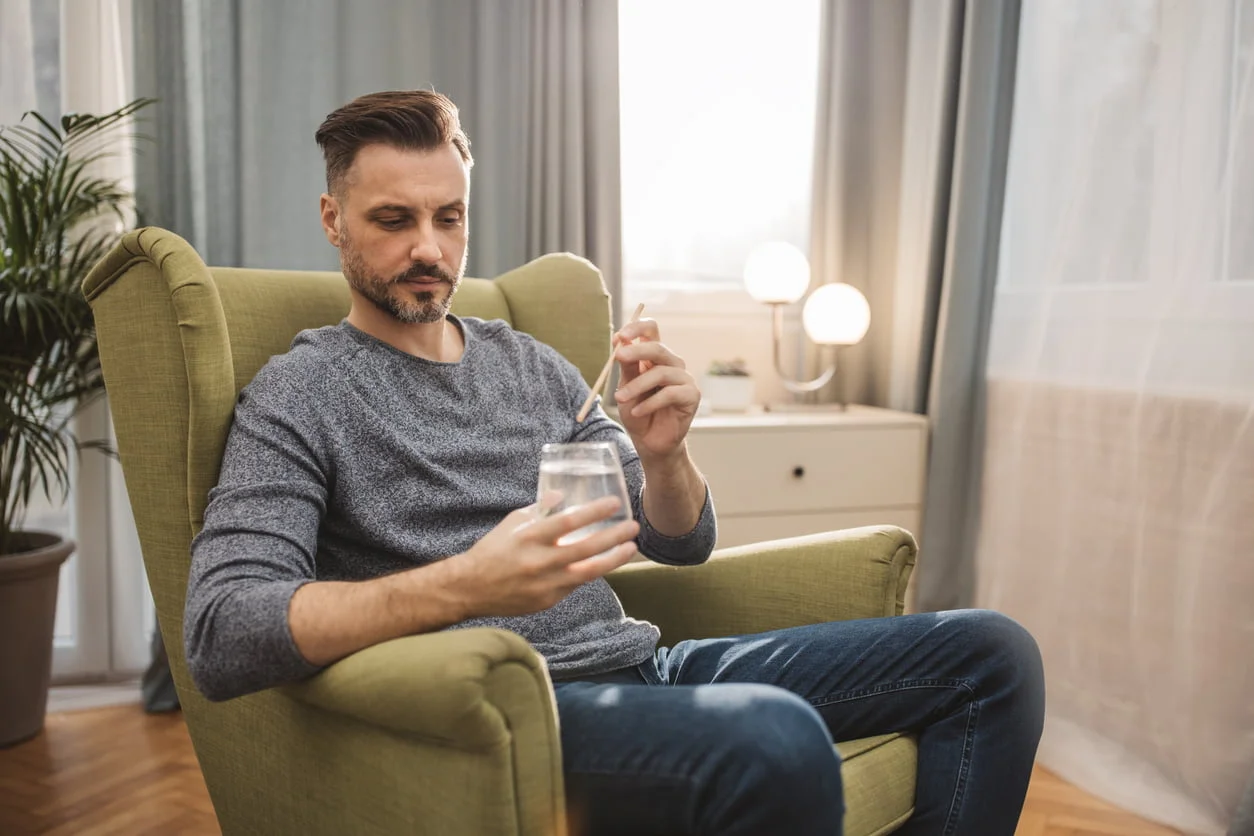There are a few precautions you can take to avoid dehydration. A recommended daily water intake is the well-known 6 to 8 glasses per day. This meets your body’s requirement of approximately 2 quarts or just under 2 litres of water per day. Not only is it important to increase fluids such as cold water, it’s also a good idea to limit alcohol, caffeine, high protein drinks, and hot liquids, which exacerbate dehydration because they have a diuretic effect.
Tips for incorporating more fluids into your diet:
- To make sure you hydrate properly, drink a glass of water with or before each meal or snack throughout the day.
- Drink some water before eating, this can also help with any swallowing issues when having food.
- It‘s best to take your medications with a large glass of water and on an empty stomach to maximise uptake.
- You can consume foods with high water content, such as watermelon, oranges, rock melon, cucumber, celery, tomatoes, cabbage and spinach.
- Not only is it important to increase fluids such as cold water, it’s also a good idea to limit alcohol, caffeine, high protein drinks, and hot liquids, which have a diuretic effect and exacerbate dehydration.
- If you have trouble swallowing, try using a straw to drink liquids from. You can also thicken liquids.
- If you’re worried that drinking too many liquids may lead to incontinence, drink small amounts of water over the course of the day.
- Set a reminder every hour to drink more fluids throughout the day.
- Drink water before, during and after exercise.
- Add lemon, lime, orange or cucumber slices, a splash of juice for added flavour and enjoyment.
- Line up cups on the counter to use throughout the day as a reminder, or have a drink bottle tally by its volume.
- Keep a log or checklist of the number of liquids consumed, on paper or in a health app.
- Avoid exposure to dry, hot weather for prolonged periods.
- Avoid medications causing excessive water loss (diuretics).
- Talk with your doctor about issues causing excessive water loss through drooling, urinating & sweating.
